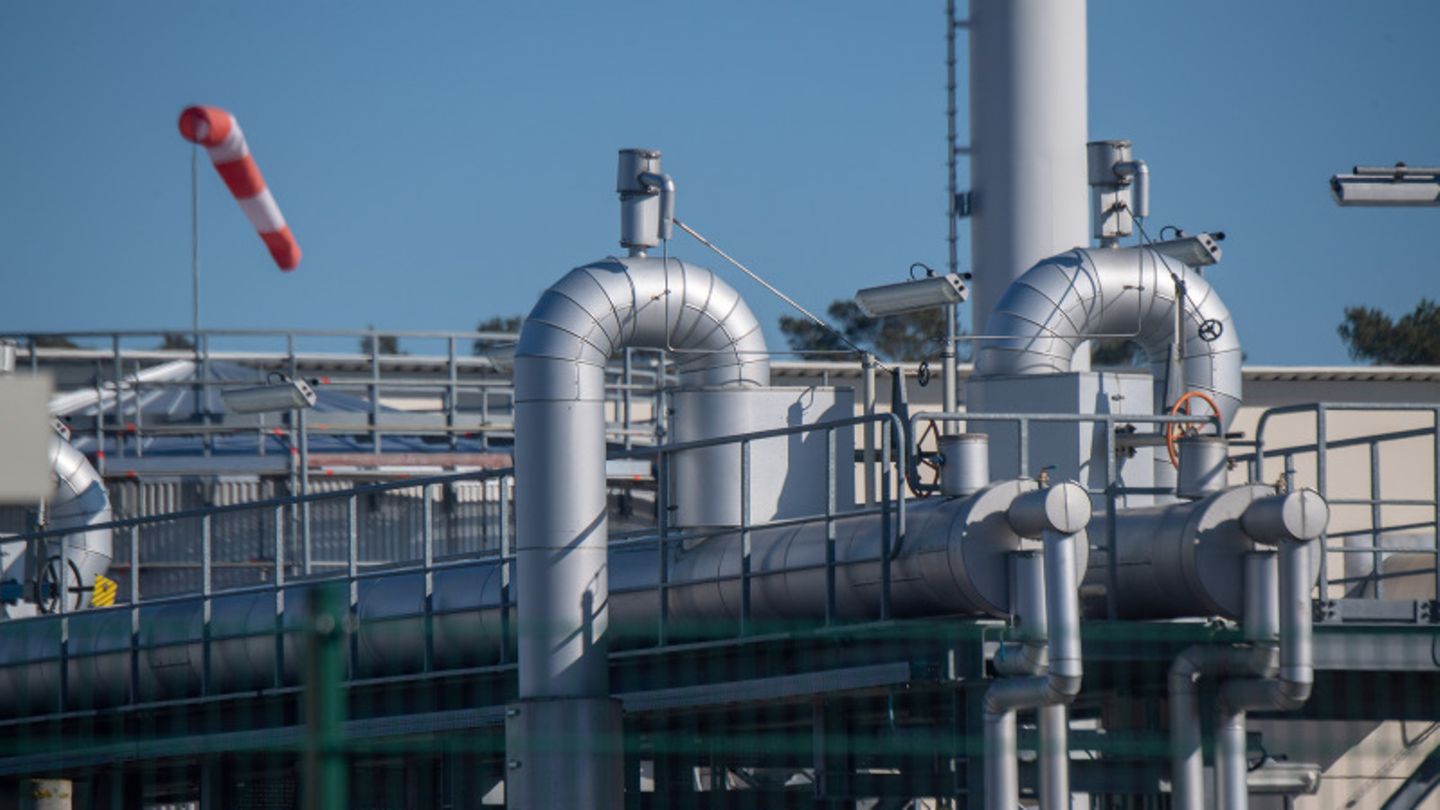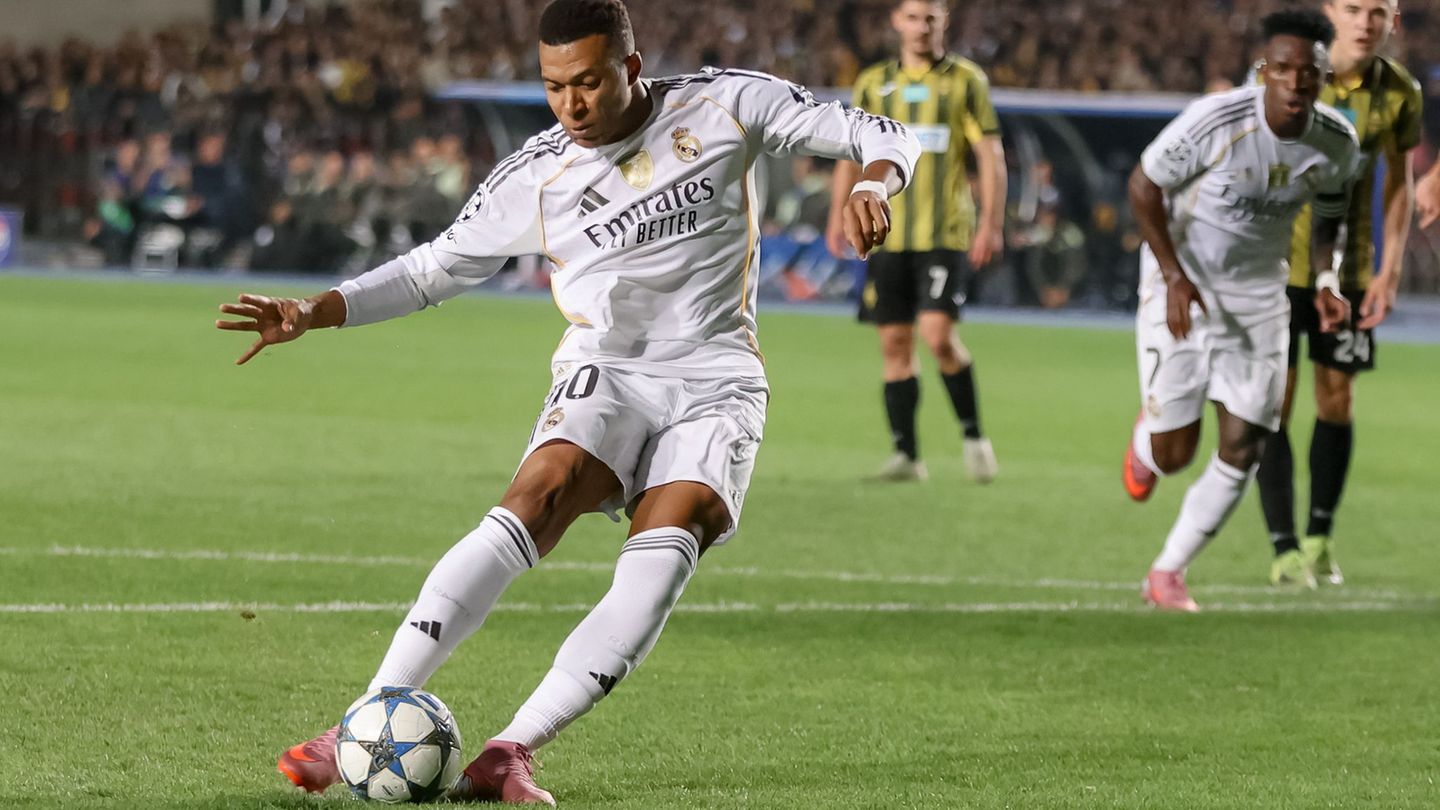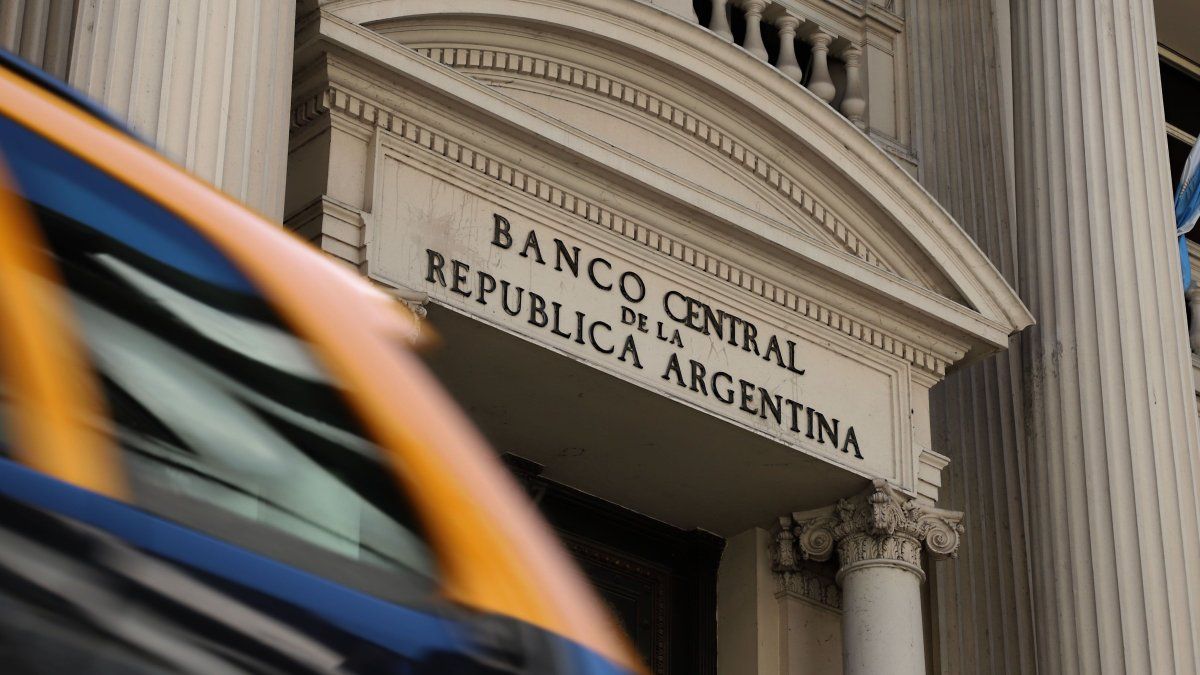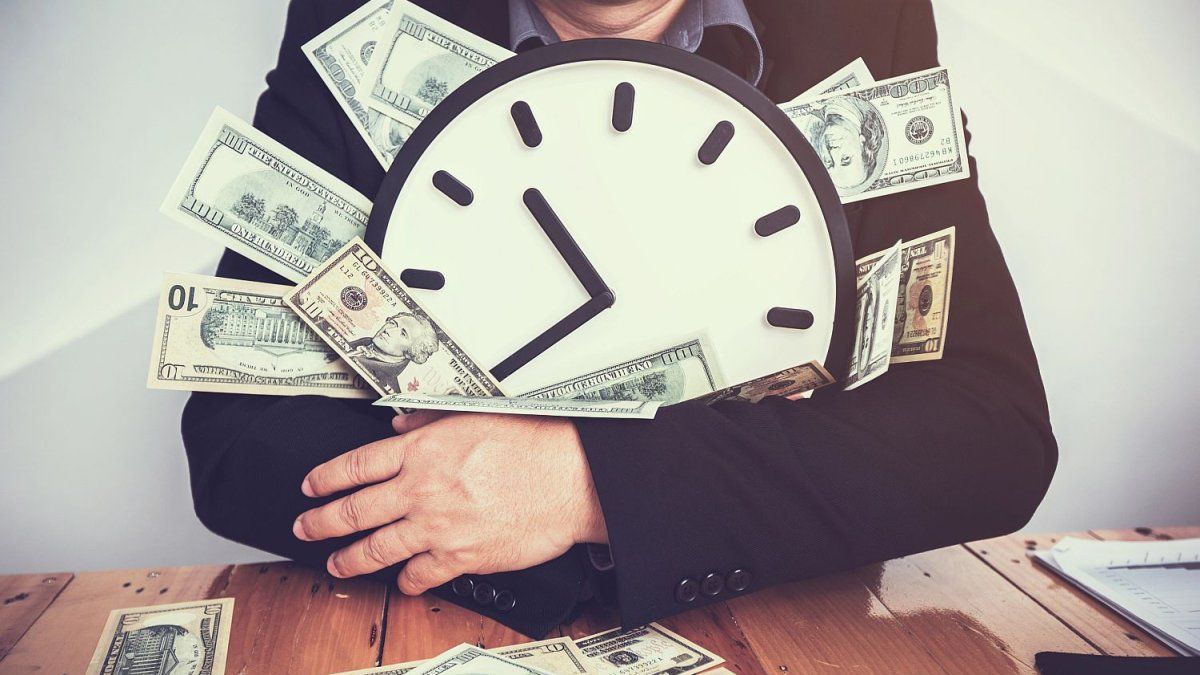Maintenance work on the Nord Stream 1 gas pipeline is expected to be completed soon. However, it is questionable whether gas will flow again. Because Russia is taking advantage of the power game over energy for Germany’s economy.
Russia’s energy giant Gazprom does not want to commit itself to the future of energy supply in Germany and the other EU countries. The maintenance work on the Baltic Sea pipeline Nord Stream 1 – the most important supply line from Russia to Germany – should be completed this Thursday (July 21). But it’s still missing a key turbine that Canada has long held back because of sanctions following Russia’s war of aggression against Ukraine. In Russia, no one expects it to be reinstalled by the last day of maintenance. This has consequences for the gas supply in Germany and Europe.
“The reliable operation of the Nord Stream gas pipeline and the supply of European consumers depend on this,” Gazprom announced at the weekend. The company complains that there are no documents from the German company Siemens Energy that confirm the return of the gas turbine. However, it is important for the Portovaya compressor station, which in turn is essential for the operation of Nord Stream 1. Even before the start of the ten-day maintenance work, Gazprom had throttled the flow of gas through the pipeline by 60 percent. This drove up the already high gas prices.
Gazprom blames Ukraine and sanctions for gas crisis
With regard to the maintenance work, Moscow emphasizes that Russia wants to continue to fulfill its obligations as a gas supplier in the future. But the energy crisis in Europe has long revolved around the turbine, because the German government fears that Russia could use its absence as an excuse to cut supplies entirely.
With malicious friends, Russian state media report almost daily about how the German federal government is calling for energy saving due to the uncertain situation around Nord Stream 1 and is spending billions to cushion the social consequences of rapidly rising living costs. “We didn’t introduce the sanctions against us,” says the news presenter on the Perwy Kanal television station.
However, when asked whether Kremlin boss Vladimir Putin would turn on the gas tap again, Moscow did not give a clear answer. The only thing that is clear is that Russia is the most likely to shift the responsibility for possible difficulties. Gazprom also repeatedly emphasizes that it has pointed out that gas storage facilities in Europe are hardly full.
The state-owned company also blames Ukraine for the situation because not even half of the possible daily delivery volume is routed through the country’s transit network. Ukraine, which despite Moscow’s war of aggression is still pumping around 40 million cubic meters of gas a day to Western Europe, would prefer the EU to forgo supplies from Russia altogether. The Yamal-Europe gas pipeline has also been shut down because Poland refused to pay for the gas in rubles, as Putin had demanded.
Russia uses energy as a “geopolitical weapon”.
From the Russian point of view, the others should always be to blame for the problems. In view of the energy crisis with high prices and uncertain supply, Moscow is reminded that there is a very simple solution to the situation: Nord Stream 2. The gas pipeline is finished, but never went into operation because of the Ukraine war. Putin had explained that deliveries via this line could bring prices down again and ease the situation overall.
Many experts agree that Russia itself has no interest in appearing in this conflict as the side breaking treaties. Other major customers such as China or Turkey, which are also supplied via newly built gas pipelines, could be alarmed and doubt Russia’s reliability if the energy superpower Europe turns off the tap. Russia has long had a reputation for using its energy as a “geopolitical weapon.”
On the other hand, those who are on good terms with Russia – such as Serbia, Hungary and above all neighboring Belarus – can traditionally count on friendly prizes. China also gets gas at a significantly lower price than the West.
Some politicians in Moscow would like to turn off the gas taps of the EU states because of the West’s anti-Russian policy. It is said everywhere that the West was only able to build up its prosperity in this way thanks to Russia’s raw materials. The development can now finally be stopped and thrown back.
Gas on new terms? What the Kremlin wants
Nevertheless, the Russian energy and finance expert Marcel Salikhov points out that Moscow is dependent on the income from gas sales and uses it to finance its national budget. It is also not possible to simply divert the quantities sold to Europe and sell them elsewhere at the usual prices in the West. “It can’t be diverted to China either. There are no gas pipelines with free capacity there,” says the president of the Moscow Institute for Energy and Finance at the School of Economics.
In addition, Russia’s gas liquefaction plants are working at full capacity. In the event of the gas tap being turned off, the country would have to significantly reduce its production volumes, says Salichow. “But even that is not so easy.” Better supply the domestic market with the excess quantities? The expert explains that more than two-thirds of the gas produced in Russia is already being used in the country. Consumption cannot simply be ramped up.
Many production facilities in Russia have already come to a standstill due to the sanctions imposed by the West. And even if the sometimes poor connection of the population in rural regions to the gas network is an issue in Russia, experts do not expect that expensive lines will suddenly be laid everywhere. Gazprom thus earns less than from exports.
Russia’s goal should therefore be to continue to deliver to the EU – albeit on clear terms. Last but not least, this should include an end to the sanctions pressure in the Ukraine war. Any sanctions bypassed by the West itself are celebrated in Moscow as a triumph. Most recently, Putin forced many buyers in the EU to pay in rubles for Russian gas. And the gas turbine should also return to Russia despite the sanctions. That could give Germany hope, writes the Moscow newspaper Kommersant. “But there is no guarantee that deliveries will then pick up again.”
Source: Stern
David William is a talented author who has made a name for himself in the world of writing. He is a professional author who writes on a wide range of topics, from general interest to opinion news. David is currently working as a writer at 24 hours worlds where he brings his unique perspective and in-depth research to his articles, making them both informative and engaging.




